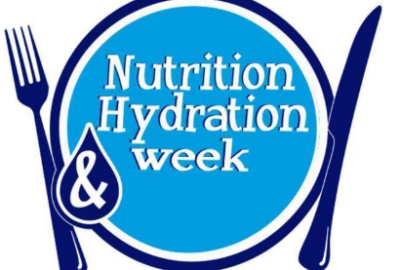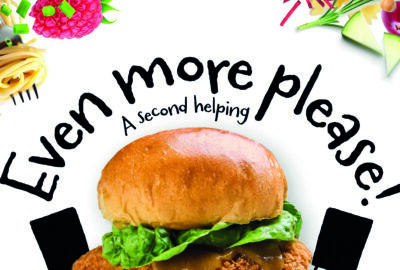By Andrew Kuyk CBE, director general of the Provision Trade Federation
The UK has one of the most efficient and competitive food systems in the world, supplying consumers with nutritious, safe and affordable products meeting the highest standards of quality and resource use.
How things have changed?
We also benefit from an unprecedented range of choice and year round availability. A generation ago, the diversity, convenience, shelf life and information levels on offer in the average supermarket would have seemed an almost utopian dream. The same is true of the food supplied through the rather unglamorously named catering and out of home sectors.
But doing this day in, day out, across the entire country and in all weathers and seasons is a much under-estimated and under-appreciated logistical and manufacturing achievement. It relies on an extremely sophisticated system of supply chains, sourcing raw materials and other ingredients from both domestic, EU and global markets and using some of the highest tech modern forms of processing, inventory and stock control and delivery systems to ensure that the whole operation is as continuous, consistent and seamless as it can be.
Naturally all this comes at a price. And one of the triumphs of the food industry is how cost effective this end-to-end process has become. In real terms, food prices are still at some of the lowest levels they have ever been. And for the average family, the percentage of their income spent on food is also lower than at any other time in the last couple of hundred years.
But we are now approaching a point where something has to give. Fierce competition among retailers has kept prices in the shops below general levels of inflation in recent years, despite cost increases in a number of key inputs, including labour, packaging and energy, as well as raw materials themselves. Many people are not aware of the extent to which food prices depend on oil prices. This is because oil is not only a source of the energy used in production and transport, but it is also an important component of farm costs in terms of fertilisers, pesticides, cultivation etc.
Cheap oil means cheaper food
Cheap oil means cheaper food. By contrast, rising oil prices put pressure on the whole system. And when much of that oil is itself priced in dollars, depreciation of sterling compounds the effect. So the current 20% fall in the value of the pound is hitting a very wide range of key inputs to food production, manufacture, packaging, transport and distribution, at a time when margins in the industry for all concerned, including retailers themselves, are at almost historic lows.
Manufacturers (and others in the supply chain) are doing all they can to absorb the resulting cost increases. But there is a limit as to how long this can be sustained. People cannot carry on in business below the cost of production. Yet there is a very unfortunate perception, particularly in parts of the media, that any attempt to pass on perfectly legitimate cost increases is somehow taking advantage of consumers and a form of profiteering. This is especially the case where pack or portion sizes are reduced as an alternative to a straight price increase. So basic economics tells us that prices are going to have to go up soon – if we want to keep all the benefits and choice that we have become accustomed to. At the end of the day, valuing food means paying a fair price.



